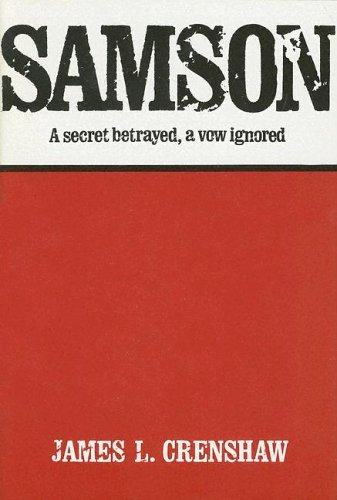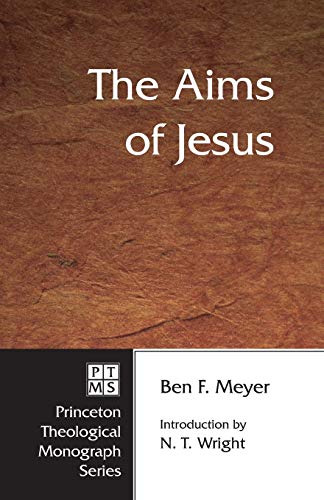Holiness and the Will of God—Perspectives on the Theology of Tertullian
Written by Gerald L. Bray Reviewed By Graham KeithTo my knowledge no noted evangelical scholar since Benjamin Warfield has looked to Tertullian as a significant pioneer of biblical theology. Dr Bray is well aware that he treads hazardous ground, in an area where more than in most others, past scholarship has reflected the prevailing Zeitgeist. Believing that attack is the best method of justifying his own approach, Dr Bray hits directly at a current trend which would explain away both the man by his environment and his theology by borrowings (conscious or otherwise) from pagan philosophies. For Dr Bray the Tertullian who emerges in his own writings—the only Tertullian we can know—is a man of one book, which inspired his zeal for holiness.
Tertullian deserves consideration, because of the fundamental role in sin which he attached to the human will. This gains significance by contrast with his near contemporary, Irenaeus, and the subsequent eastern tradition which made sin an inevitable consequence of human finitude. Tertullian’s insight derived from his veneration of scripture as a self-sufficient body of doctrine. Though he did retain the contemporary conceptual dichotomy between the soul and the flesh, in practice it was the unity of the human agent he stressed.
So far Dr Bray’s thesis is cogent and important. The same applies to his extensive treatment of scripture as a regulative principle in Tertullian’s thought. If Dr Bray does satisfactorily answer Protestant doubts about Tertullian’s adherence to sola scriptura, he gives less attention to the kindred doctrines of the perspicuity and sufficiency of scripture. It does, however, emerge clearly that a man’s doctrine of scripture cannot be treated in isolation. With Tertullian it was closely linked to his creationist and dispensationalist views.
The latter section of Dr Bray’s work is less satisfactory. In assessing how Tertullian was sidetracked into an obsession with chastity and fasting, Dr Bray finds a ready answer in realized eschatology. I am unconvinced. In the context of their time Tertullian’s writings do not reveal a preoccupation with an imminent parousia. The emphasis turns on the maturity to which God has called the church and made possible in Tertullian’s own day.
Perhaps Dr Bray overreacts against current trends when he ignores the contemporary debates which influenced Tertullian. He lived in what was still the ‘martyr-era’ of the church when Christians had to treat seriously the unforgiveable sin. Tertullian’s own stance on sexual morals may have been distorted by the intensity of the debate on what sins were unforgiveable.
Again, at this and other points a more systematic treatment of Tertullian’s exegesis would have helped. Though mistaken at some points, Tertullian’s approach did not lack precision. His obsessions with a single marriage and with fasting may have derived in part from his understanding of the early chapters of Genesis. If he did believe that sanctification entailed a return to the primaeval state of Eden, he was bound to give particular attention to this part of scripture. Is it, therefore, surprising either that he emphasized the singleness of marriage if that was how Jesus and Paul had construed Genesis 2:24, or that he stressed fasting if that was an antidote to the gluttony which in his view lay at the root of Eve’s sin?
Dr Bray has not intended a comprehensive survey of Tertullian’s thought. But readers will gain an illuminating perspective on neglected facets of an outstanding individual. Since Tertullian will always remain an individyal and an enigmatic one at that, an overview of the patristic period cannot be expected here.
Graham Keith
Ayr






